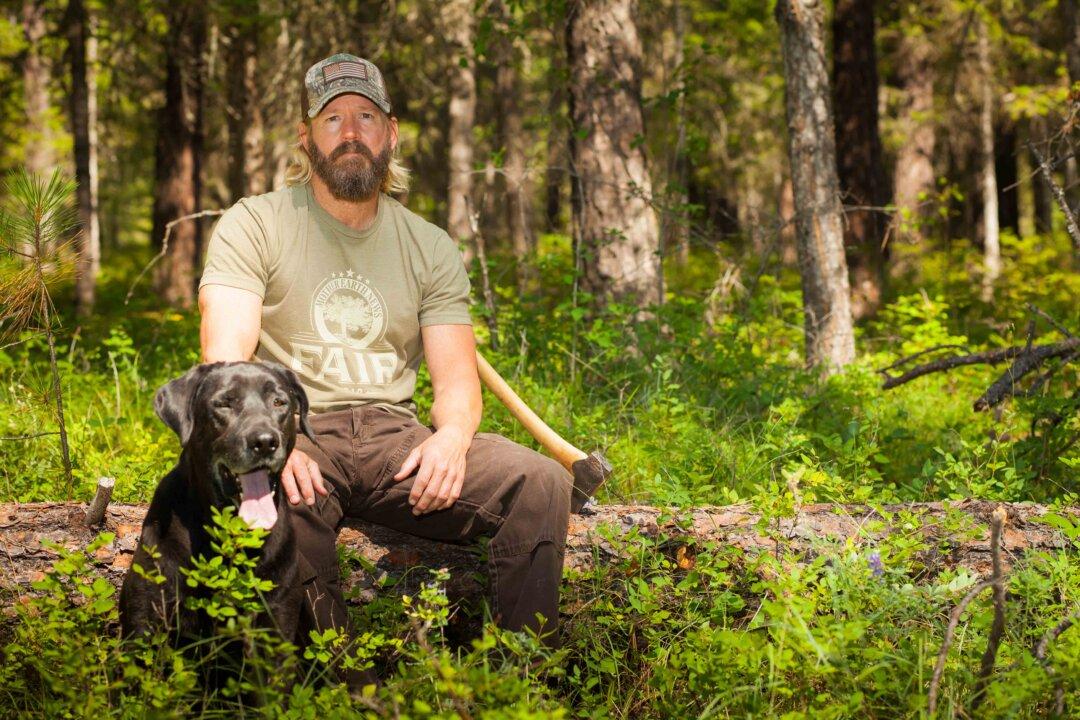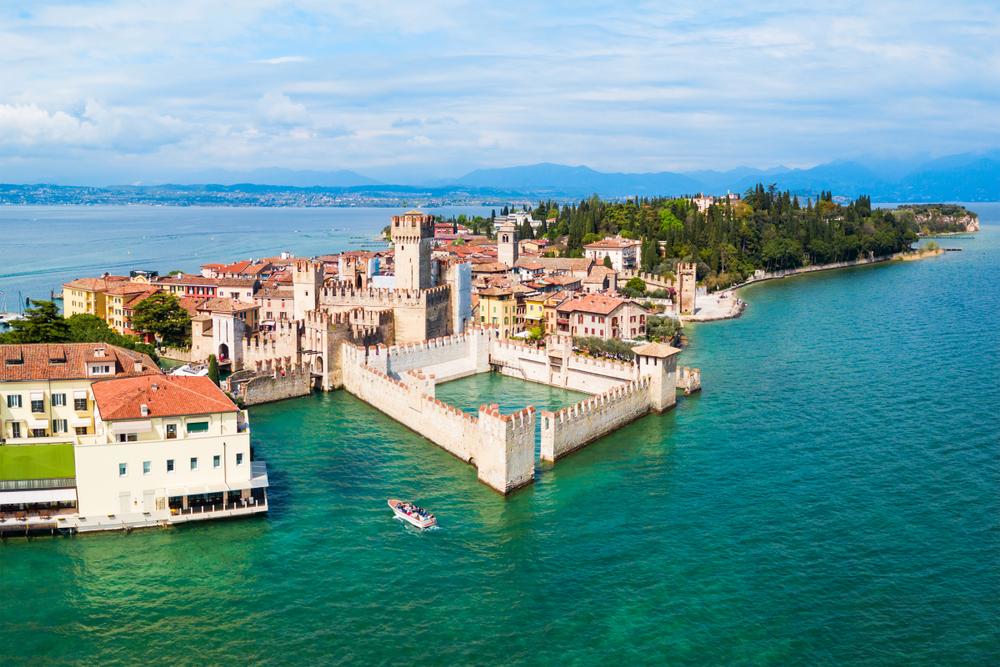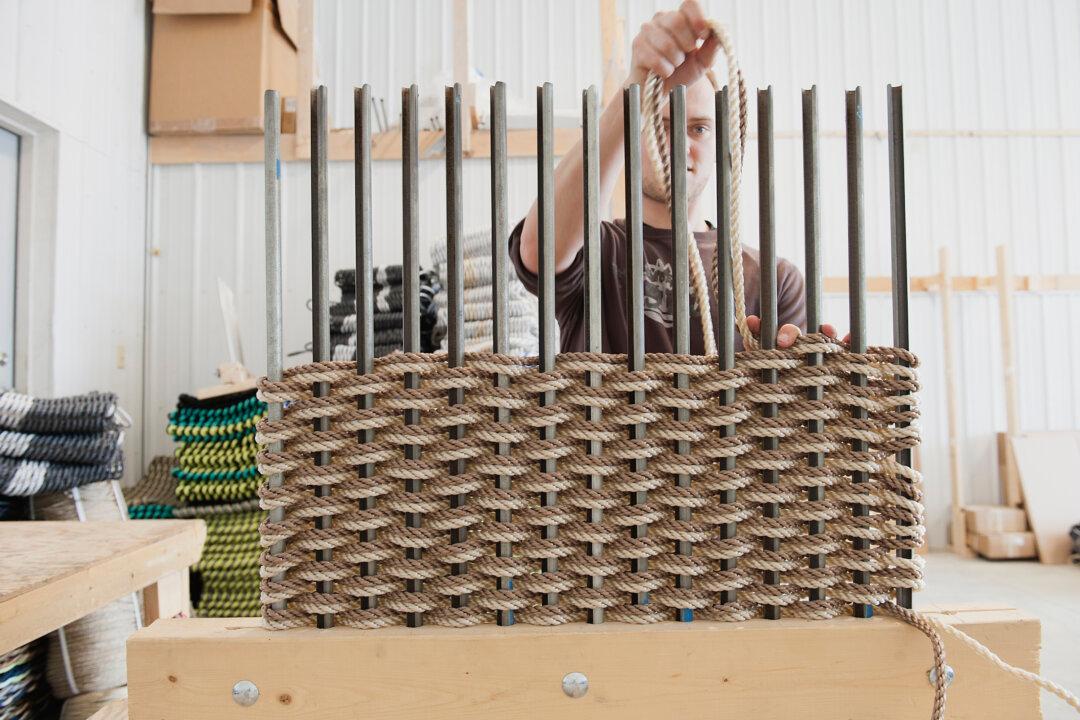If, in the past year and change, you’ve seriously considered finally turning off your TV once and for all and running off to live in the woods somewhere, you’re not alone. In fact, a recent Gallup poll found that at the end of 2020, 48 percent of Americans said they would prefer to live in a town or rural area, if given the choice—a statistic up from 39 percent in 2018.
The appeal of living off the grid, somewhere out of reach of the roller-coaster ride of society, only grows when the world seems to spiral downward into chaos—a merry-go-round you wish you could disembark, if only for a little while.





